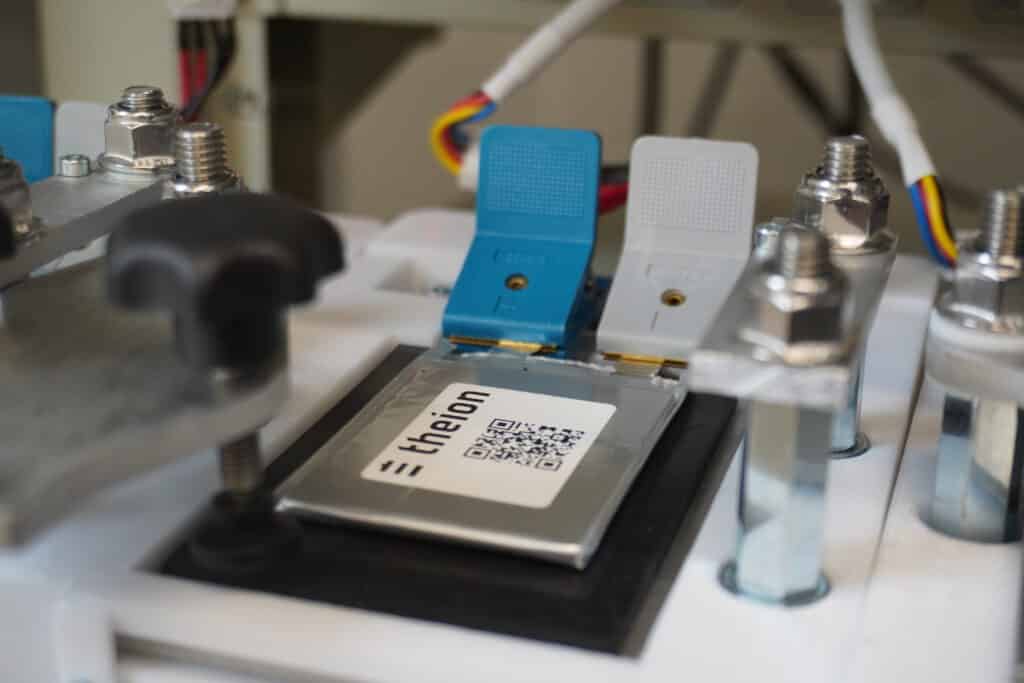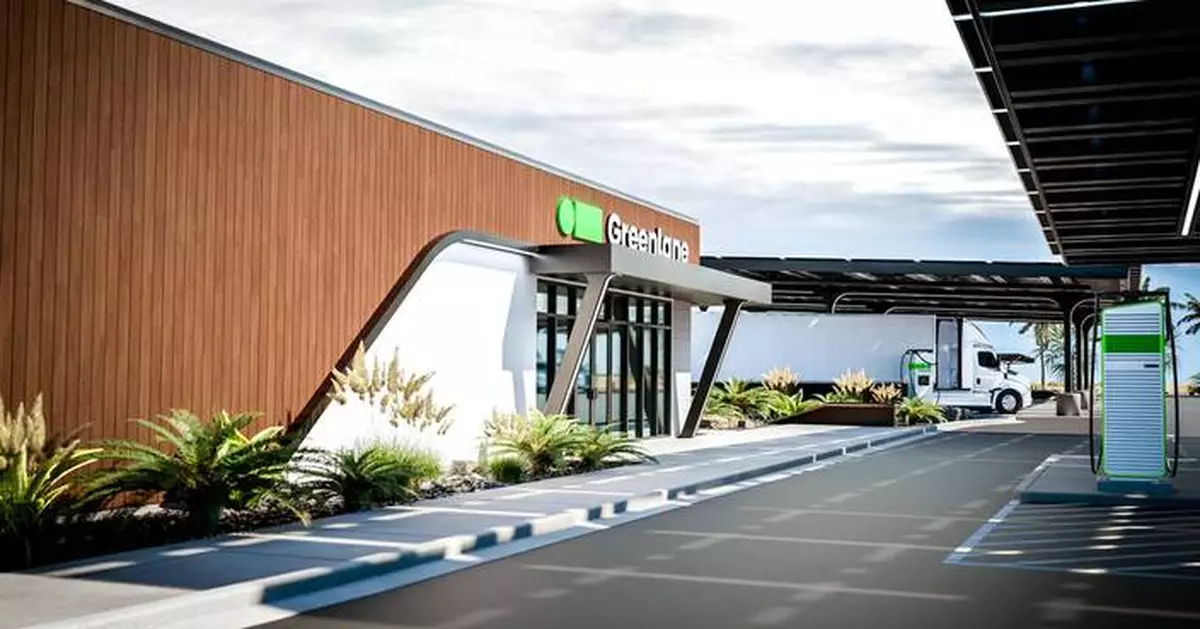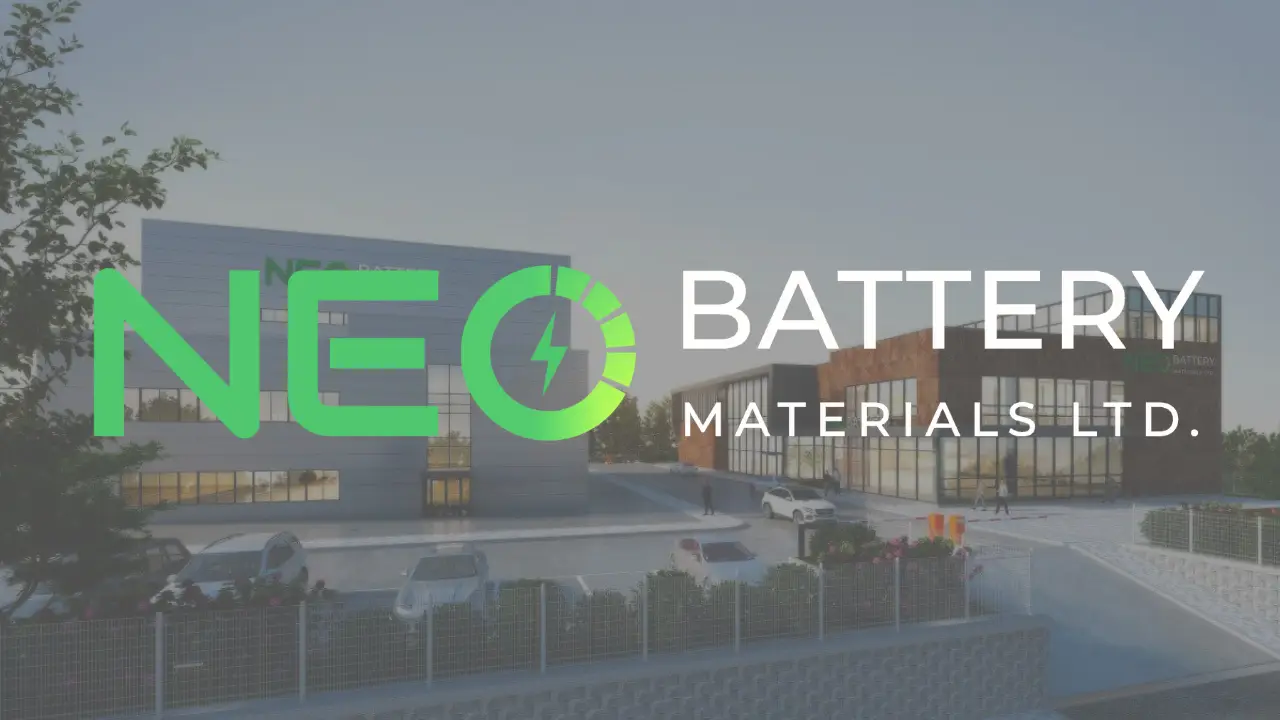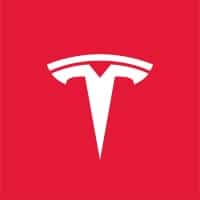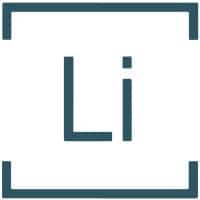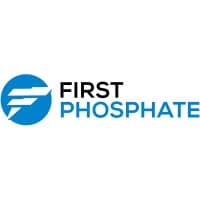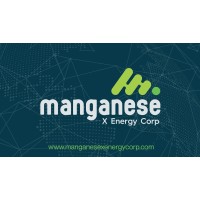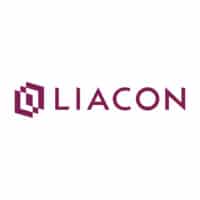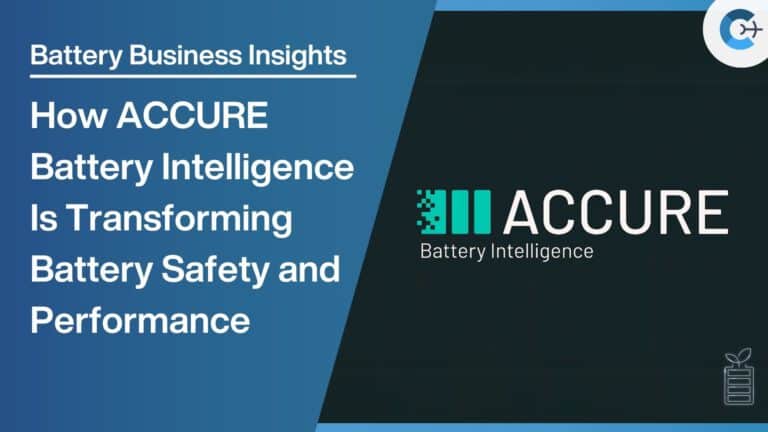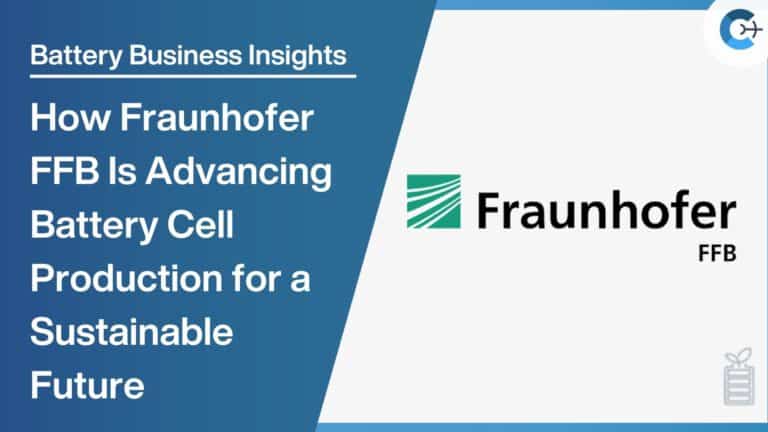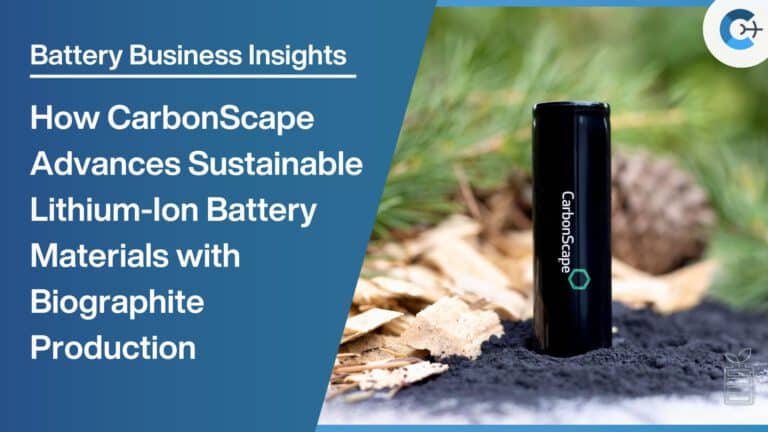The German battery startup Theion has secured €15 million ($16.4 million) in a Series A funding round to advance its sulfur battery technology. The investment was led by Team Global, the Geschwister Oetker Beteiligungen group, and Enpal, a German renewables company.
Theion claims its sulfur-based batteries offer three times the energy density of traditional lithium-ion batteries while costing only a third as much and producing a third of the carbon dioxide emissions. Ulrich Ehmes, CEO of Theion, stated that the company’s batteries have potential applications in electric vehicles, flying taxis, and energy storage systems. He noted that Theion aims to have its battery cells integrated into electric vehicles by the end of the decade.
Currently, Theion has developed small coin cell batteries, and the newly raised funds will support the development of larger pouch cells necessary for powering electric vehicles and aircraft. “We are under observation of car companies, stationary storage companies, companies in the electric aerospace sector,” Ehmes explained. “Everyone is now waiting for our first pouch cells because with the coin cell you cannot fly an aircraft.”
Theion is part of a growing number of startups in the United States and Europe focused on sulfur battery technology. Sulfur batteries have historically faced challenges such as rapid corrosion and the tendency to “breathe,” which causes them to expand and potentially damage battery packs. Theion claims to have addressed these issues by utilizing crystalline sulfur to prevent corrosion and by pre-expanding the battery’s cathode to mitigate expansion-related problems.
Theion’s advancements position it as a noteworthy contender in the battery market, where there is increasing demand for more efficient and environmentally friendly energy storage solutions. The company’s focus on reducing costs and emissions aligns with broader industry trends toward sustainable energy technologies and the electrification of transportation.
As Theion progresses with its larger battery cell development, it remains poised to attract interest from various sectors looking to adopt next-generation battery technologies. The successful scaling of its sulfur batteries could significantly impact the electric vehicle and renewable energy storage markets.
Source: Reuters

